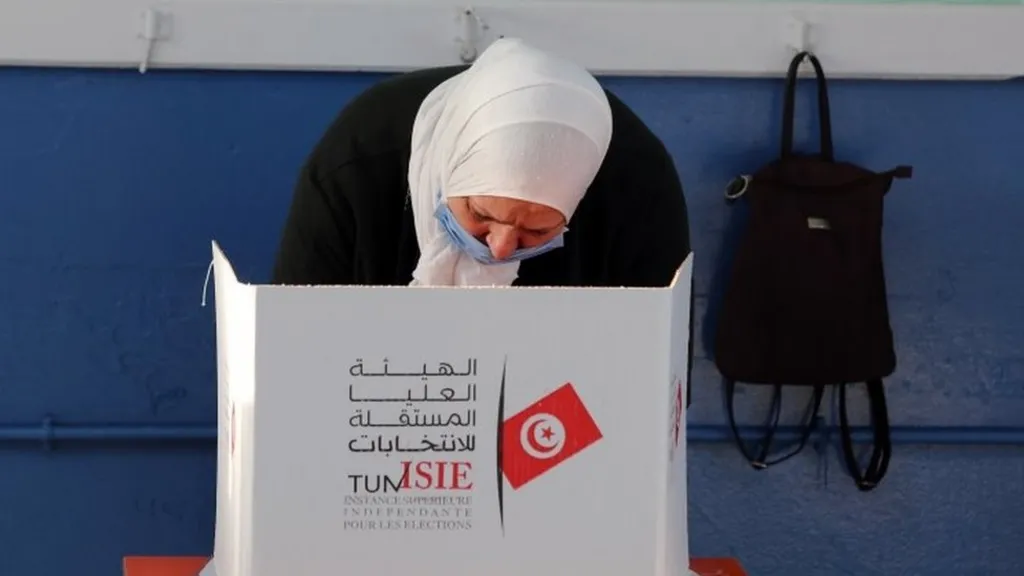Tunisian legal scholars have issued a stark warning that the legitimacy of next month’s presidential election could be undermined if the electoral commission fails to honour recent court decisions to reinstate three disqualified candidates.
In a statement endorsed by numerous academics, concerns were raised about the integrity of the upcoming presidential election, amid accusations from rights groups that President Kais Saied is dismantling the democracy established after the Arab Spring.
The controversy stems from a ruling by Tunisia’s administrative court, the highest authority on electoral disputes, which last week reinstated three prominent candidates—Mondher Znaidi, Abdellatif Mekki, and Imed Daimi—for the 6 October vote. Their candidacies had previously been rejected by the electoral commission.

However, the commission has since refused to comply with the court’s ruling, confirming only three candidates: President Saied, Zouhair Magzhaoui, and Ayachi Zammel, for the presidential election. This decision has sparked widespread criticism from political parties, activists, and rights groups.
The disqualified candidates, Znaidi, Mekki, and Daimi, have vowed to continue their legal battle, accusing the commission of engaging in “fraud” to secure Saied’s re-election for a second term.
Around 90 law professors and academics, who are regarded as neutral figures in Tunisia’s politically charged environment, have urged the commission to respect the court’s decision. They warned that the commission’s actions risk damaging the integrity of the election and could lead to doubts about the validity of the results.
Adding to the tensions, Ayachi Zammel, one of the approved candidates, was detained on Wednesday by order of the public prosecutor. He faces allegations of falsifying popular endorsements, though Zammel has denied any wrongdoing, claiming that he is being targeted because of his strong candidacy.
President Saied, who was democratically elected in 2019, has faced criticism for tightening his grip on power, particularly after he began ruling by decree in 2021—a move the opposition has labelled a coup. Last year, Saied declared that he would not allow Tunisia to fall into the hands of “non-patriots.”


